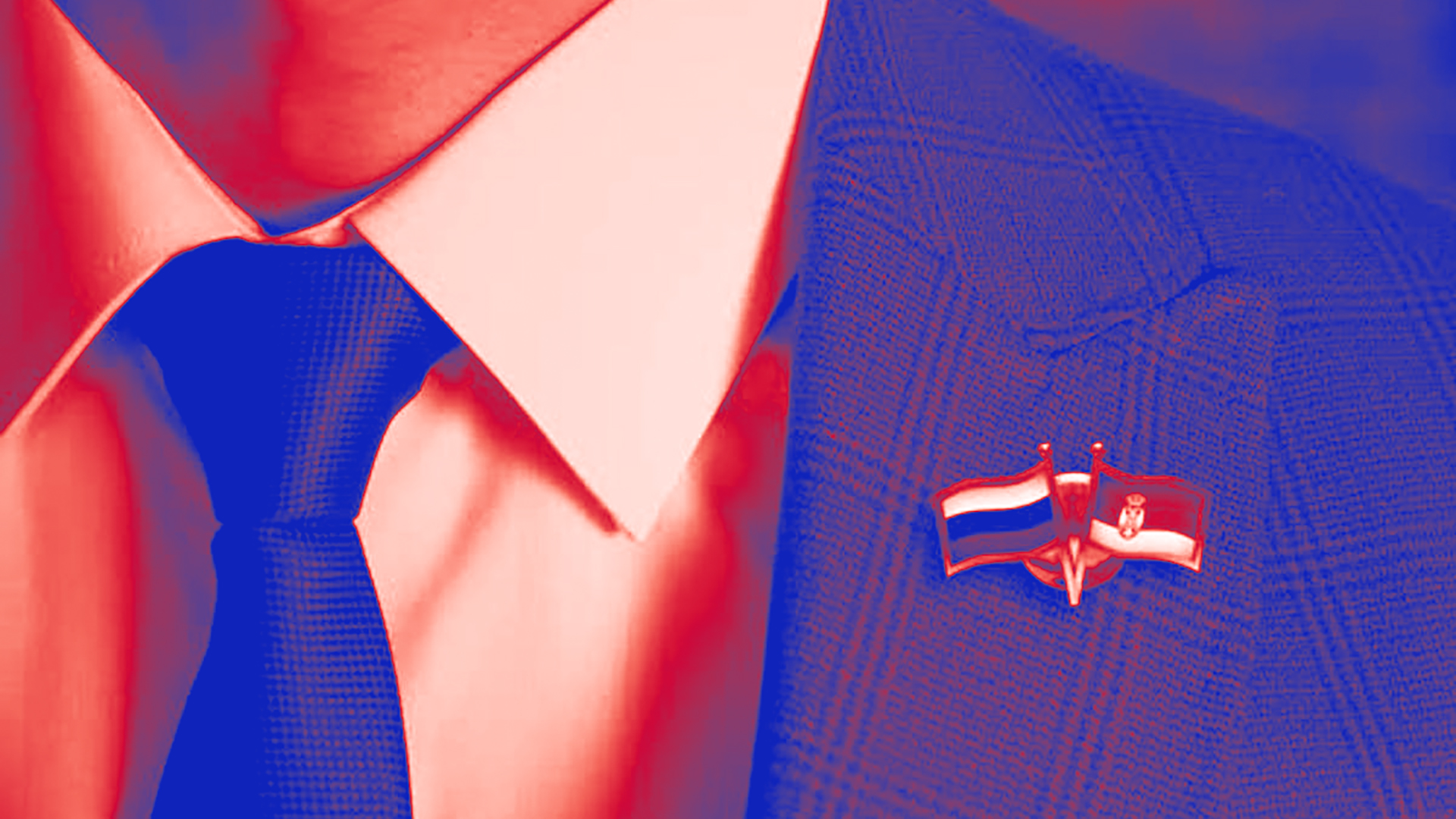
We need to talk about Serbia
The EU's silence about Serbia's support for Russia is unconscionable.
Over the past 20 years, the EU has been silent towards Serbia’s meddling in BiH and Kosovo.
Vučić’s authoritarianism is most apparent in the current Serbian media landscape.
It is high time for the EU, as well as the U.S., to address Serbia's decade-long authoritarian turn.

Vjosa Musliu
Vjosa Musliu is Assistant Professor at the Department of Political Science at the Vrije Universiteit Brussel (VUB).
DISCLAIMERThe views of the writer do not necessarily reflect the views of Kosovo 2.0.
This story was originally written in English.